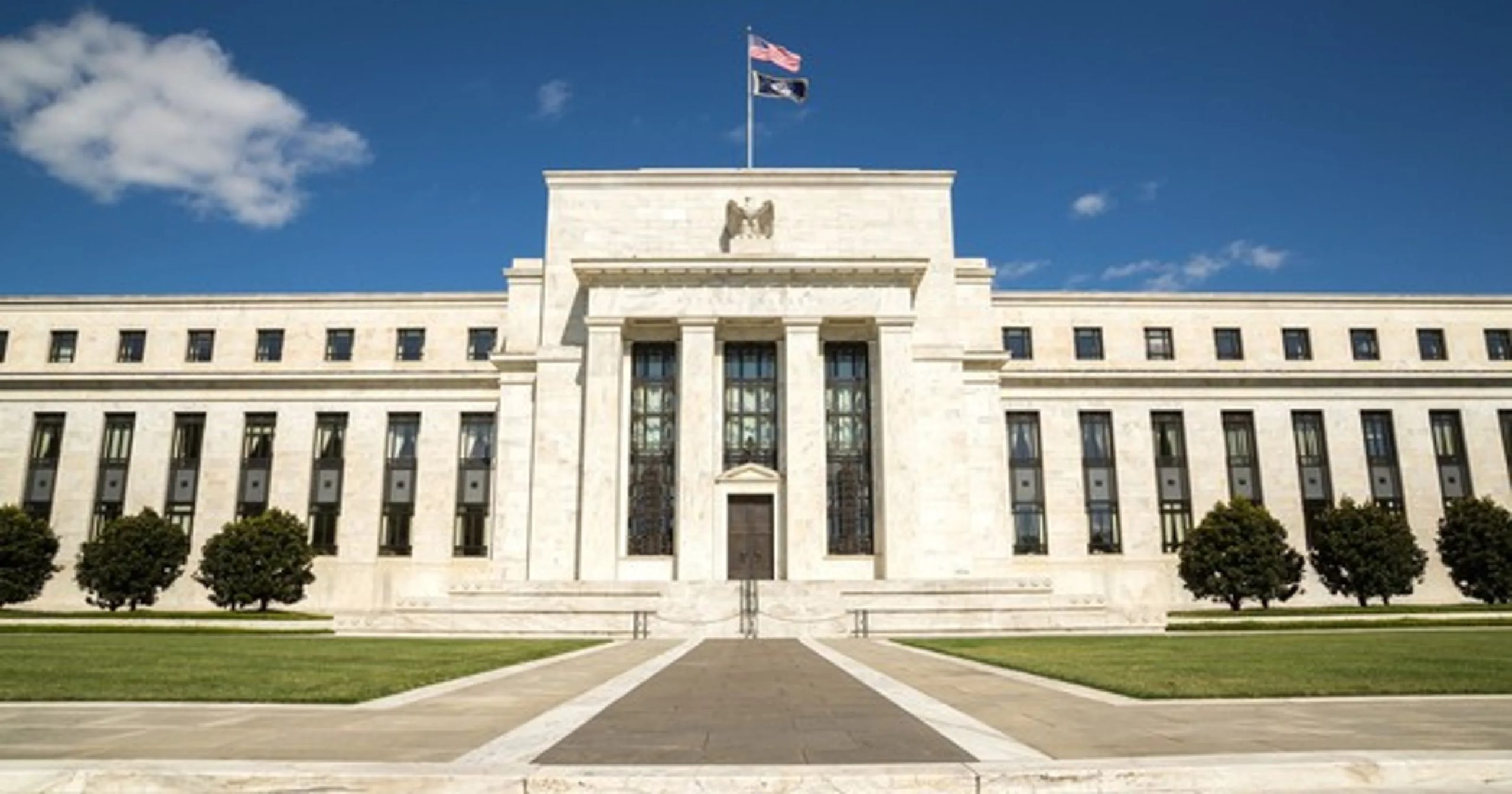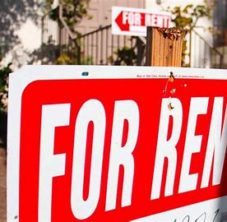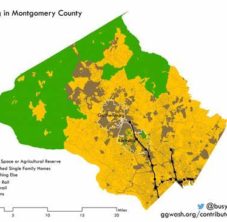MoCo reformers (Democrat, Independent, and Republican alike) often bemoan the conflation of national politics with local electoral races. Last year the Republicans fielded their best candidate in a generation for county executive, Reardon Sullivan, and he came up short by quite a margin. Hard line Democrats in this county, and even more so the progressives, cannot bring themselves to vote for a Republican, even when Sullivan had the platform and the talent to reverse the county’s decline. This of course isn’t unique to MoCo, as one study suggests. Regardless, while we would like to think that national-level politics have nothing to do with local-level issues, there is one domain where the relationship is clear and painful: federal monetary policy directly affecting local rents.
Starting with President Obama’s first day in office, and to a much greater extent during President Trump’s term, the Federal Reserve has been increasing the money supply at a rate beyond prudence if not comprehension. The result has been inflated prices for assets (such as housing and stocks) and more recently for consumer goods (such as food and fuel). The bewildering wealth accumulated by Jeff Bezos and Elon Musk, and the stellar increase in your home’s value and 401(k) portfolio, are due more to the Federal Reserve’s irresponsible money management than any brilliant business strategy on your part or theirs. Furthermore, the pain you are feeling as you look at your grocery and credit-card bills is tied directly to the Fed’s “money printing” and not price gouging by the supermarkets and gas stations.
What happens when there is inflation? Prices go up with no change in the underlying goods and services. That seems harmless. If prices at the store go up by 10%, and your after-tax income goes up by 10%, then no harm and no foul. Unfortunately, that’s not how things work. During the Obama years, it was the banks and corporations who received free money, propping up their worthless balance sheets and stock prices. During the Trump-COVID years, the Fed was indirectly giving out money directly to American consumers. They (we, you, I) took that money right to the grocery store and used-car lots, and spent it all. That explained the second wave of consumer-price inflation.
What does all this have to do with the local rental market?
For one thing, the landlords are also facing higher bills for their own food and fuel. If the landlord is a retired combat veteran, those higher bills come out of the rent he collects from the tenant. If the landlord is a faceless multinational corporation, its own expenses are also going up. Regardless of size, landlords do their best to absorb their own inflated expenses, but at some point they must raise the rents.
If the general inflation rate is 10%, and the landlord raises the rent by 10%, the landlord is effectively not raising the rent. That’s a difficult line of reasoning to follow if the tenant’s wages are not going up by 10% as well. As noted above, rarely does the increased money supply flow to everyone at the same time. Often, wage growth lags behind CPI growth. Because wages have not recently kept up with inflation, demands for rent control have surfaced.
Council Members Will Jawando and Kristin Mink, similar in views but quite different in demeanor, are proposing a 3% cap on rent increases with no inflation rider. The Federal Reserve has a longstanding policy, a brutally cruel one, of maintaining inflation at 2%/year. That is basically the same as the Jawando-Mink cap, which means inflation rates higher than that are supposed to be financed by the landlords. That’s a non-starter for any housing provider, and a guaranteed avenue for the landlords to liquidate their assets in the county and further reduce the affordable housing stock.
Rent control never provides affordable housing except for the few lucky existing renters, and only by increasing the housing supply can we realize affordable housing. Nevertheless, if the County Council feels like it has to levy some kind of rent control, then an inflation rider is mandatory, and the remaining discussion can center over what is allowed after that.




